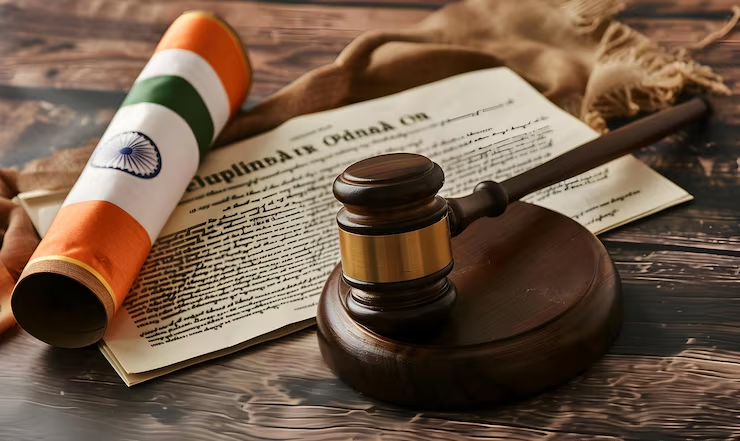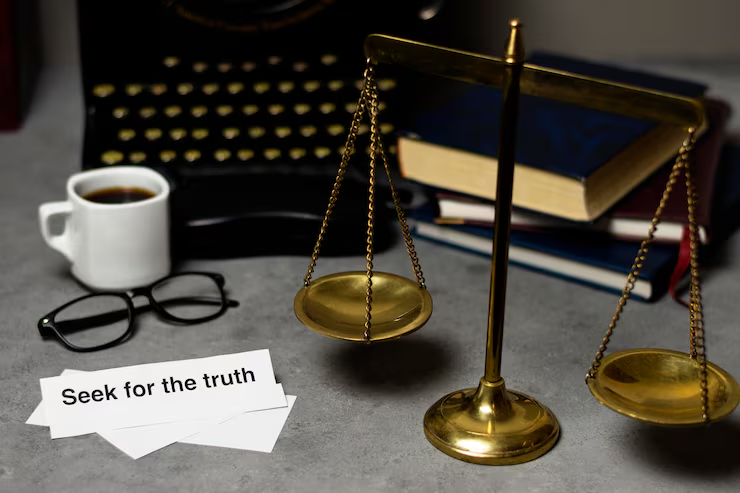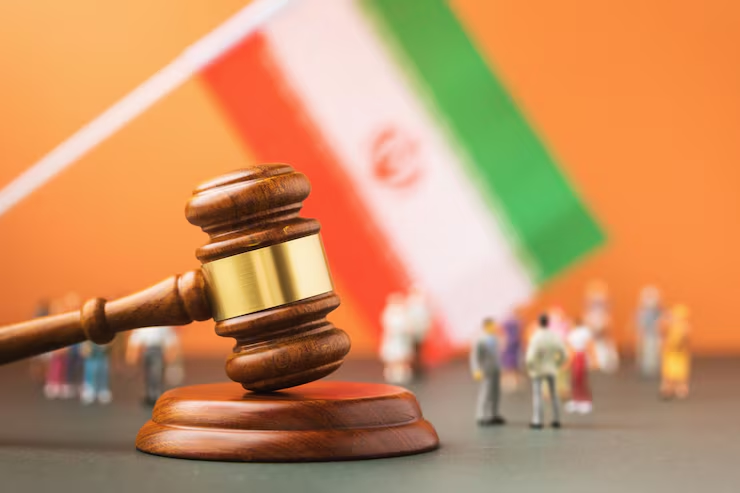When we talk about personal liberty and protection against arbitrary arrest in India, one important legal safeguard often comes up: anticipatory bail. This legal remedy ensures that a person who fears arrest can apply in advance for bail, rather than waiting to be taken into custody. But to understand and navigate this process effectively, the guidance of an Anticipatory Bail Advocate becomes essential.
This blog will walk you through what anticipatory bail means, its legal foundation, the responsibilities of an advocate, and why their role is so important in protecting individual freedom.
What Does Anticipatory Bail Mean?
Unlike regular bail, which comes into play after an arrest, anticipatory bail is a protective measure sought before arrest. It is covered under Section 438 of the Code of Criminal Procedure, 1973 (CrPC).
If the court grants anticipatory bail, it prevents the police from taking the applicant into custody, provided certain conditions are met—such as cooperating with the investigation or not leaving the country without permission.
The Supreme Court has clarified that anticipatory bail is not a routine relief. It is meant to protect citizens from false cases, misuse of power, or unnecessary harassment, while still allowing investigation to proceed.
The Legal Foundation
The right to anticipatory bail is closely tied to Article 21 of the Indian Constitution, which guarantees the right to life and personal liberty.
Key aspects of anticipatory bail include:
- Application: Filed in the High Court or Court of Session.
- Conditions: May include restrictions like not contacting witnesses or tampering with evidence.
- Relief: If granted, it protects the applicant until the trial is complete, unless canceled by the court.
Role of an Anticipatory Bail Advocate
The process of applying for anticipatory bail is not straightforward. It requires careful preparation, legal reasoning, and strong representation before the court. This is where the Anticipatory Bail Advocate steps in.
Their role typically involves:
- Legal Research – Studying case laws and precedents that support the application.
- Drafting the Petition – Writing a clear and persuasive anticipatory bail plea.
- Court Representation – Presenting arguments that show why custody is unnecessary.
- Client Guidance – Explaining the responsibilities and conditions of bail.
- Balancing Interests – Ensuring justice while respecting the investigation process.
In essence, the advocate safeguards the applicant’s liberty while maintaining the integrity of the legal process.
Factors Considered by the Court
When deciding an anticipatory bail plea, courts look into several factors. A good advocate highlights these to strengthen the case:
- Nature of the alleged offense – Is it minor or serious?
- Criminal history – Does the applicant have previous convictions?
- Chances of absconding – Will the person run away or cooperate with investigation?
- Possibility of misuse – Could bail allow tampering with evidence or influencing witnesses?
- Need for custodial interrogation – Is physical custody really necessary for investigation?
An anticipatory bail advocate tailors arguments around these points, showing why liberty should not be compromised.
Important Judgments
Several landmark rulings have shaped the law on anticipatory bail. For instance:
- Gurbaksh Singh Sibbia v. State of Punjab (1980) – The Supreme Court ruled that anticipatory bail is not limited to a fixed time period and depends on case circumstances.
- Siddharam Satlingappa Mhetre v. State of Maharashtra (2010) – The Court highlighted that anticipatory bail is part of the constitutional right to liberty and must not be denied casually.
These rulings guide advocates when preparing anticipatory bail petitions.
Challenges for Advocates
Representing anticipatory bail cases is not easy. Advocates face hurdles such as:
- Strong opposition from the prosecution.
- Judicial discretion, since outcomes depend heavily on the judge’s interpretation.
- Evolving case law, with frequent changes in how courts apply Section 438.
This makes the role of an anticipatory bail advocate both challenging and crucial.
Ethics and Responsibilities
Advocates have a dual responsibility—to protect their client and to assist the court in ensuring justice. Ethical duties include:
- Full honesty in presenting facts.
- Respect for investigation, without obstructing it.
- Educating clients about their legal duties once bail is granted.
These principles ensure that anticipatory bail remains a safeguard, not a loophole.
Educational Relevance
For law students and researchers, studying anticipatory bail and the advocate’s role offers deep insights into:
- Criminal procedure
- Constitutional protections
- Legal drafting and advocacy skills
- Ethics in practice
It also highlights the uniqueness of the Indian legal system, since anticipatory bail is not available in most other countries.
Conclusion
Anticipatory bail reflects the delicate balance between personal liberty and effective law enforcement. It ensures that individuals are not subjected to arbitrary arrests, while still allowing the justice system to function.
At the heart of this process is the Anticipatory Bail Advocate, who plays a pivotal role in protecting rights, guiding clients, and upholding justice. Their expertise ensures that anticipatory bail remains a constitutional safeguard, not just a legal formality.





